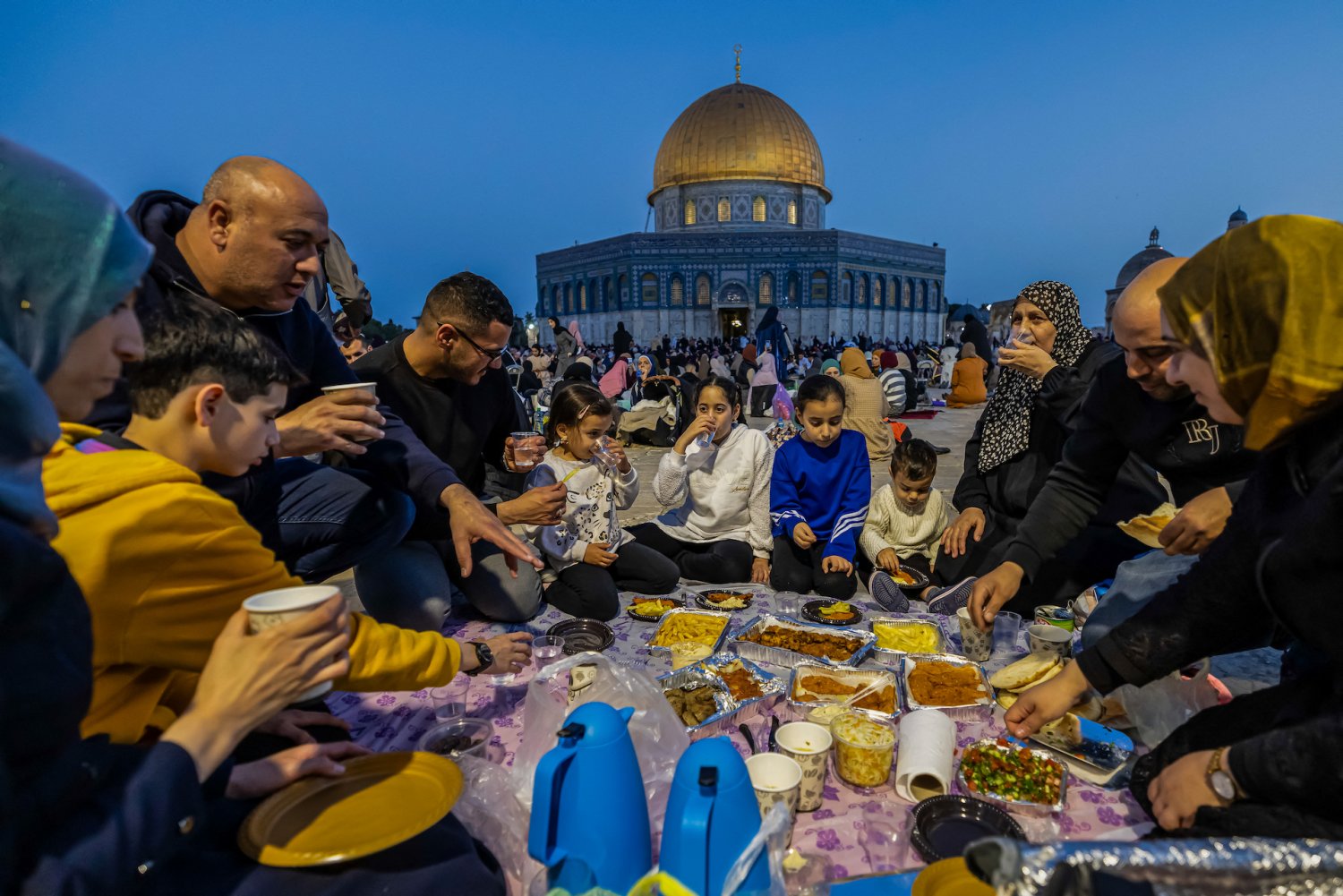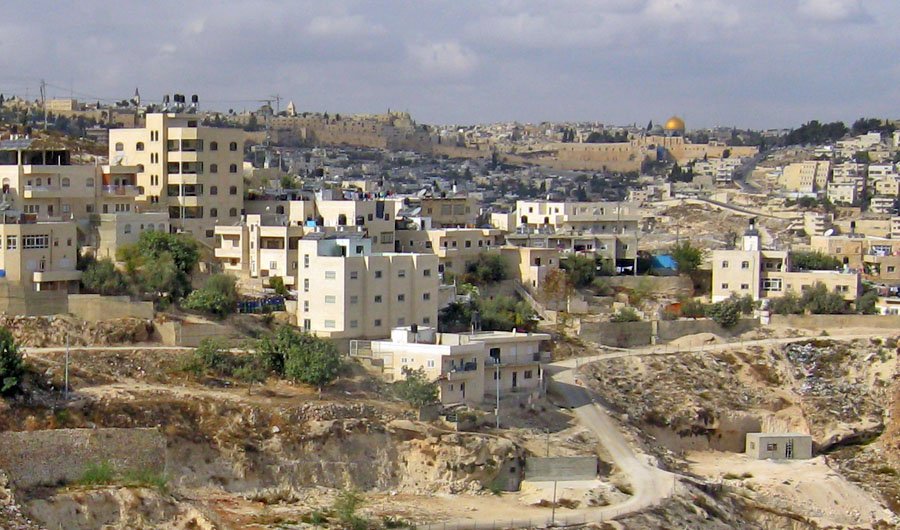For the first time in years, Abu Abdullah, 64, a resident of the Palestinian neighborhood of Jabal Mukabbir in Jerusalem, decided to have his entire family accompany him to al-Aqsa Mosque during the holy month of Ramadan for iftar or the breaking of the fast at sunset as well as the late evening tarawih prayers.
Getting to al-Aqsa, however, is not that easy. First, finding a parking lot anywhere remotely close to Jerusalem’s Old City is impossible. And then comes the task of reaching the al-Aqsa Mosque and contending with the potential harassment and restrictions of Israeli police along the way. Having a family with you is a burden and trouble for them, but Abu Abdullah was determined to go to the mosque and take his family this year. For this elder Palestinian, especially since Israel’s assault on Gaza, going to al-Aqsa has become a patriotic act, a confirmation of his attachment to this holy place.


